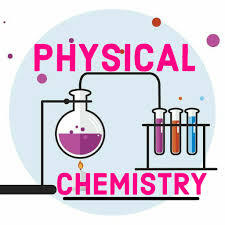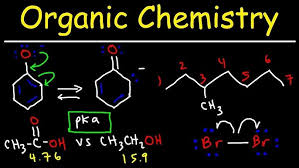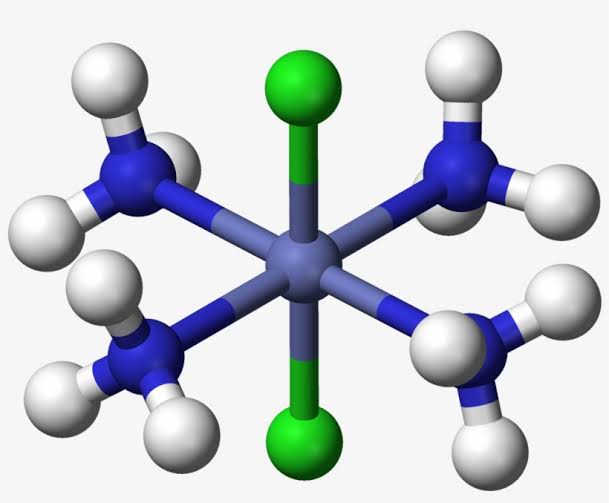
Geochemistry explores the chemical composition of the Earth and the processes that control the distribution, mobility, and transformation of elements within the geosphere, hydrosphere, atmosphere, and biosphere. The course examines how chemical principles shape geological systems, from the formation of minerals and rocks to large-scale planetary processes such as magma evolution, weathering, sedimentation, and geochemical cycling.
Students investigate the behavior of major, trace, and isotopic elements to understand the origins and evolution of Earth materials. Emphasis is placed on thermodynamics, kinetics, and equilibrium as they apply to mineral stability, aqueous solutions, and geochemical reactions. The course also introduces analytical techniques used in modern geochemical research, including spectroscopy, mass spectrometry, and X-ray methods.
By integrating field observations, laboratory data, and theoretical models, learners gain insight into the chemical processes that shape Earth’s interior and surface environments. Applications span natural resource exploration, environmental assessment, climate studies, and planetary science. By the end of the course, students will be equipped with the knowledge and analytical skills needed to interpret geochemical data and address real-world geological and environmental challenges.
- Teacher: Admin User



